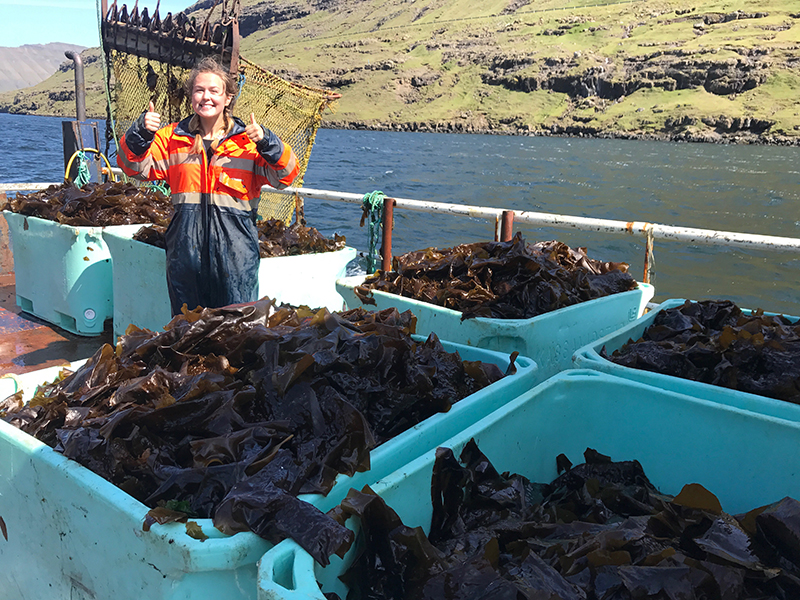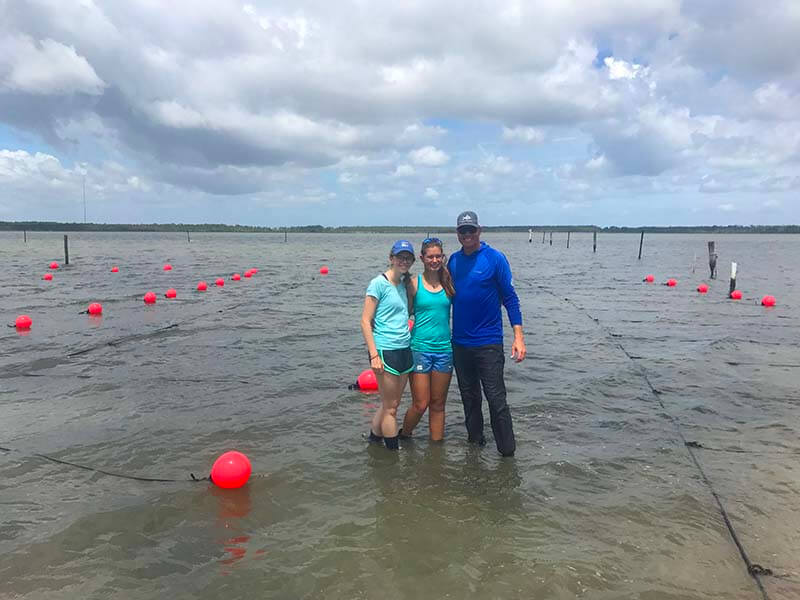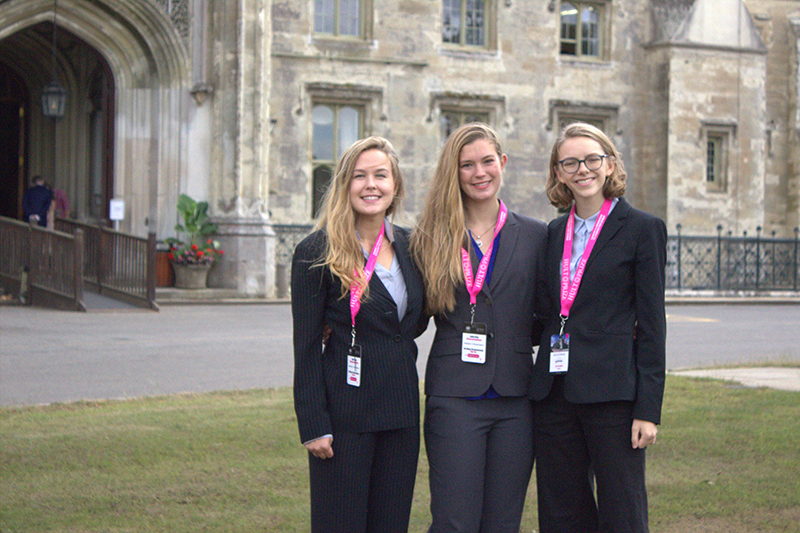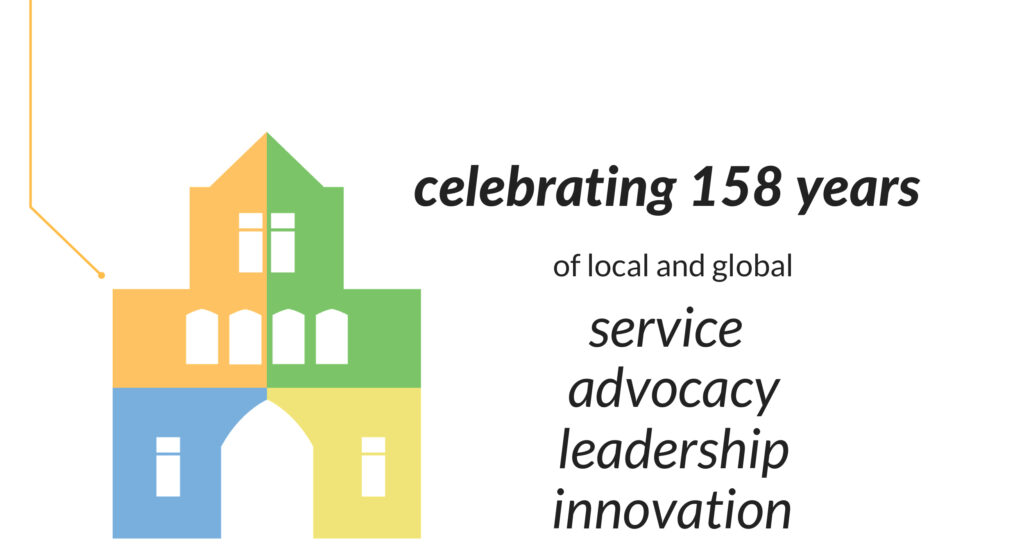
Concerned about the environmental impact climate change is having on the state of North Carolina, Eliza Harrison, Lucy Best and Emily Kian are taking the world by storm with their innovative company, Phyta. Learn how these three are creating an entirely new industry, harvesting coastal water seaweed.
Q&A
Phyta has been through so much since starting the CUBE program last year with an idea. If you can think back, what drew you to applying to the CUBE program? Could you have imagined you’d be where you are now?
Immediately before applying to the CUBE program, our team was recognized as third place in the National Geographic Chasing Genius competition. Until then, we hadn’t understood how transformative our idea could be or its potential benefits to the environment. In beginning to think more seriously about seaweed cultivation as more than a research initiative, we became aware of the fact that CUBE is designed to help organizations and student entrepreneurs. In thinking about pursuing the idea more seriously, we realized CUBE could offer on-campus support to help us refine our idea – including mentorship and financial backing. In terms of where we are now – we never dreamed we could accomplish what we have in the last twelve months! In an effort to honor the incredible support we’ve received throughout the UNC community, our team is thrilled to have the opportunity to work on Phyta full time as we graduate in May.
In the next nine months, we’re looking to secure initial funding to begin to scale our operations in North Carolina. Doing so will allow us to validate our business model so as to support our continued work. We’ll also collaborate with Innovate Carolina and other advisors to begin to navigate the world of investment.
Since the last time we spoke, you’ve established an actual algae-growing rig in the water! Could you talk about the process of moving from talking and thinking about this concept to actually implementing it on the North Carolina coast?
We’ve had incredible support from various advisors in UNC’s School of Global Public Health, as well as Campus Y and Innovate Carolina who provided funding necessary to purchase various components of our provisionally patented structure for seaweed cultivation. We also were able to develop a relationship with an oyster farmer based in Sea Level, NC, who helped us secure the permit for the structure. Since installing the structure in May, we’ve traveled back and forth almost every other weekend to monitor the farm – two of those trips coming after recent hurricanes. And we are proud to say the structure held up well through both! At this point, our team has begun to seed the lines where the species will grow and look forward to our first harvest in the spring.

There’s no question entrepreneurs have to stay flexible when starting a business. Is there a core belief that has remained important to you and hasn’t changed since you started this journey last year?
Our mission at Phyta has stayed the same: to mitigate climate change the best we can by providing an alternative ingredient for consumer products and a strategy for marine pollution removal through seaweed cultivation. With that as our guiding principle, we’ve been able to explore a wide variety of potential applications of seaweed while staying true to that overarching ambition.
Initially, we were primarily focused on animal feed. Now we’ve redirected our attention towards alternative plastics. This has proved arguably one of the more exciting changes in our organization given that offering an environmentally responsible alternative ingredient to various consumer products will encourage individuals and large corporations to act in a more sustainable manner.

What drives your work today?
Our team is deeply inspired and motivated by the threat of climate change and considers Phyta as a tangible potential solution to this crisis. A recent major climate report indicates we could start to see irreparable damage to our planet within the next 12 years. This report has renewed our team’s sense of urgency and commitment to dramatically alter our relationship to the natural world. And although Phyta represents a small piece of this transition, we are excited by the possibility for Phyta to help mitigate this potential destruction.
What does the Campus Y mean to you?
Campus Y’s financial backing and community of student entrepreneurs was crucial for Phyta. It can be rare to find an organization on campus that has the capacity to back students with resources, as well as offer insight gained from prior entrepreneurship experiences. The CUBE also gave us a space to interact with other entrepreneurs outside of a traditional curriculum. As a result, we found a community of similarly ambitious individuals who have given our team the skills and confidence to make Phyta a reality.

